Signal Hill Elementary School & Community Garden
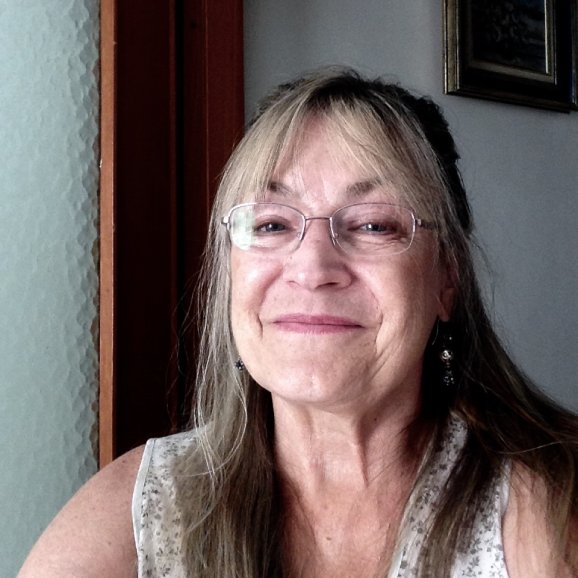
The Signal Hill Elementary School garden is a community haven for all visitors in Pemberton, British Columbia. Teachers and parents created it, the school owns it, and it is used by the students. But this garden is only part of the story of this colorful and extraordinary community.
Claire Fuller and a small team of parent volunteers coordinate the garden's activities at spring startup and over the summer, and the teachers take charge in school time. Formerly a resident of the UK, Claire relocated to Canada seven years ago. She has since learned much about Indigenous Ways of Knowing and Being through the BC Curriculum, which is connected to the Canadian government's Truth and Reconciliation Commission (TRC), implemented in 2007.
A primary objective of the Commission is to facilitate reconciliation among survivors of residential schools, their families, their communities, and all Canadians. The program aims to deepen awareness of the trauma of colonization, and to bring a new level of respect and honor to the Indigenous people of Canada. Signal Hill honors this goal in a number of ways. The simple but foundational Indigenous principle of connecting to the land paves the way for students to respect Indigenous culture.
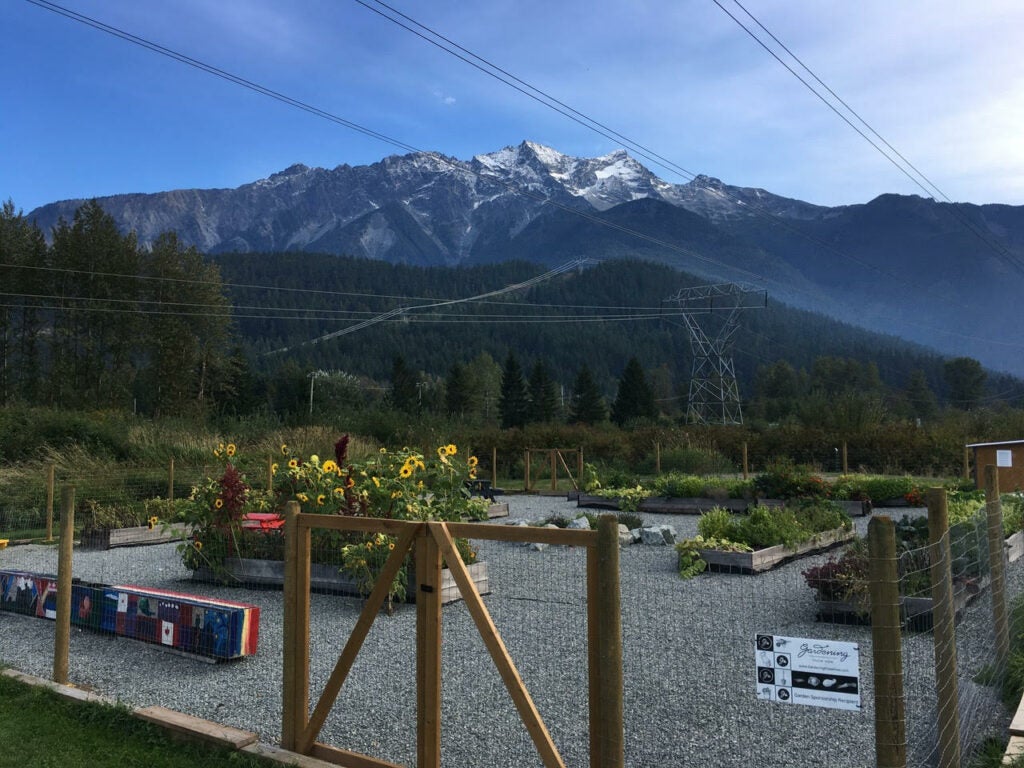
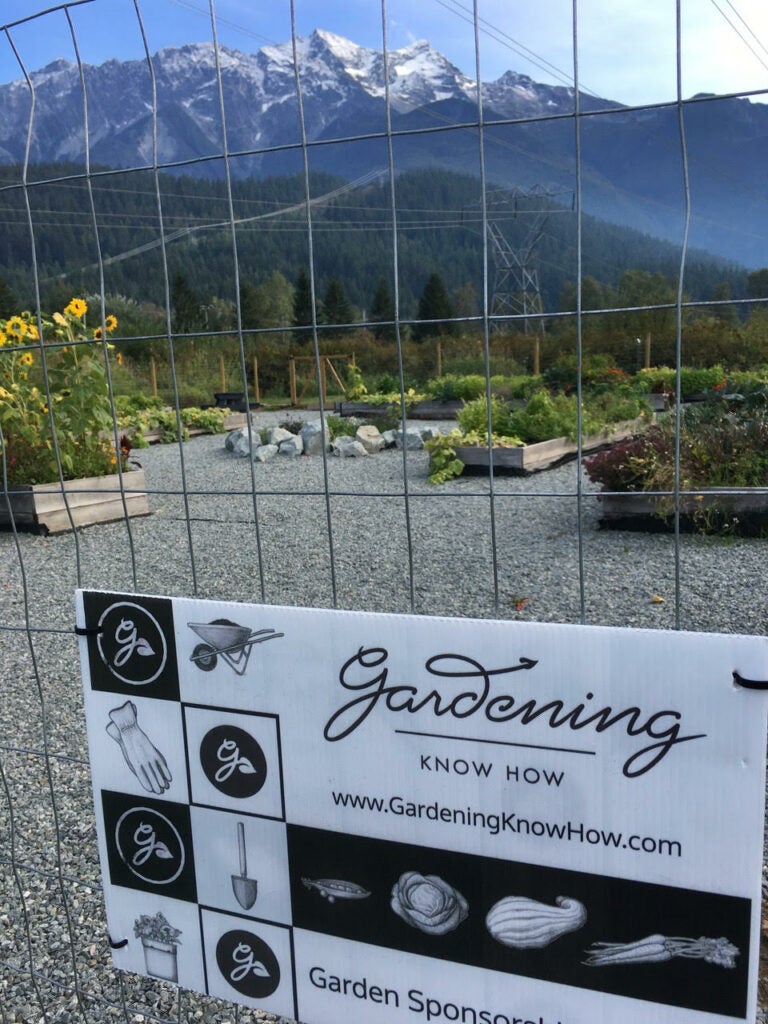
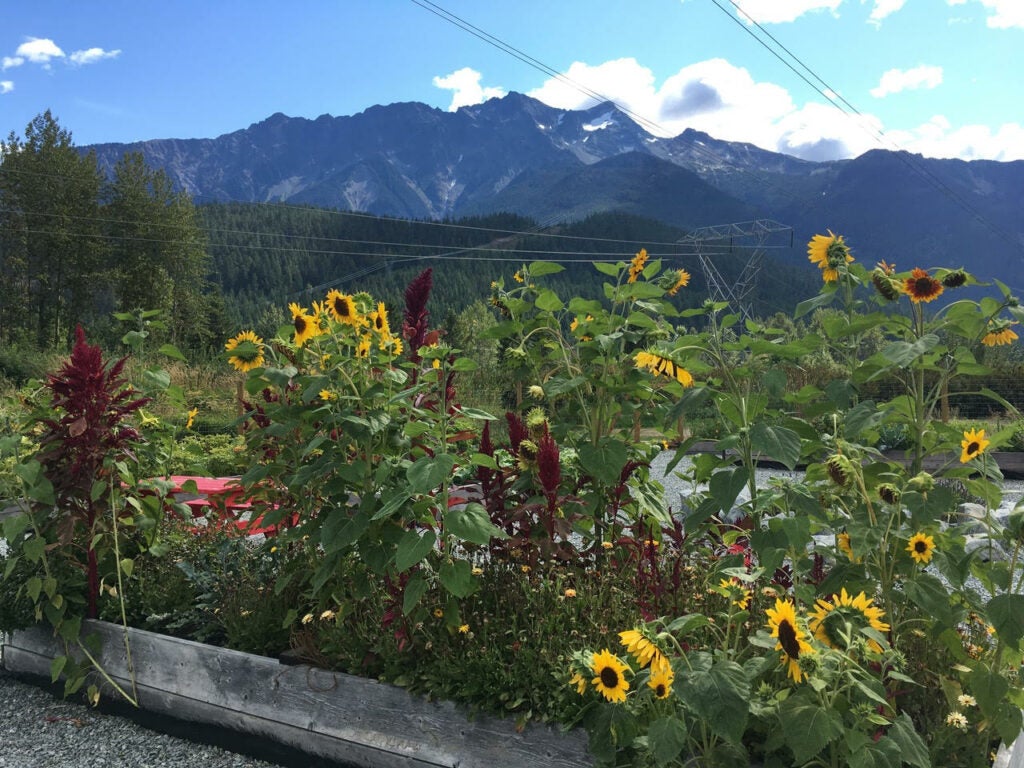
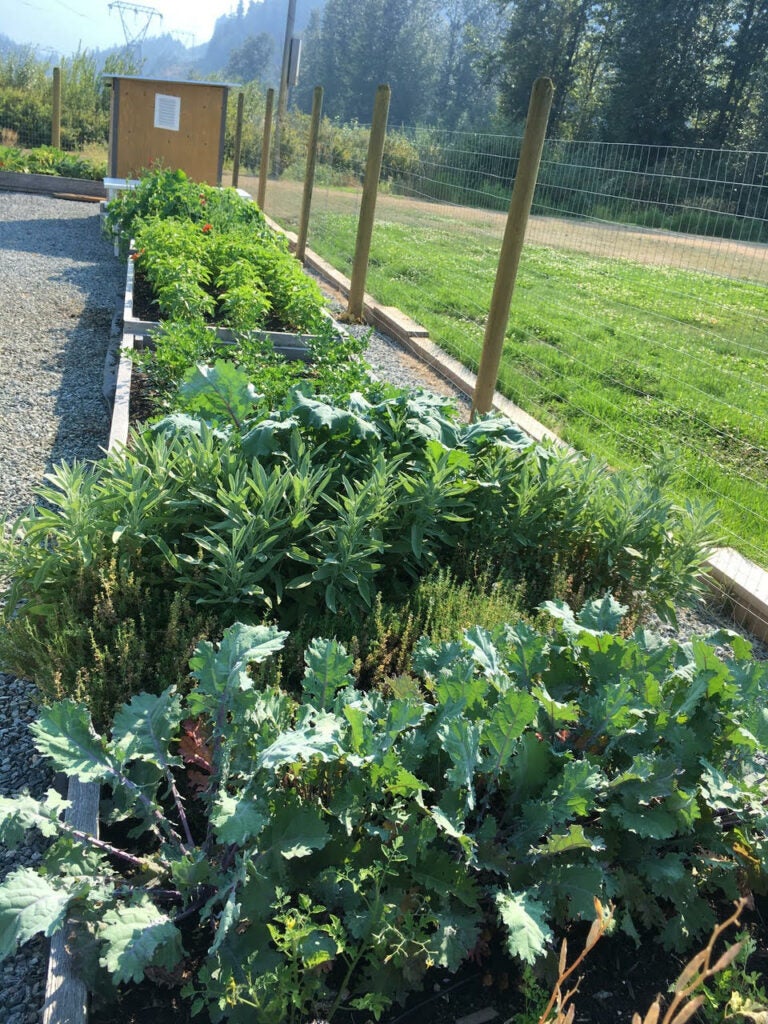
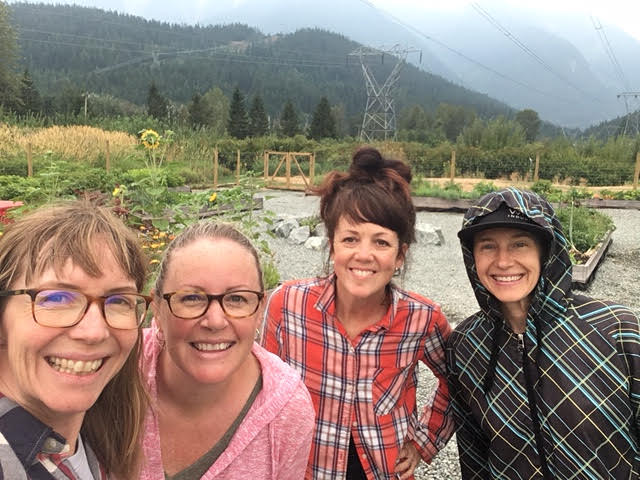
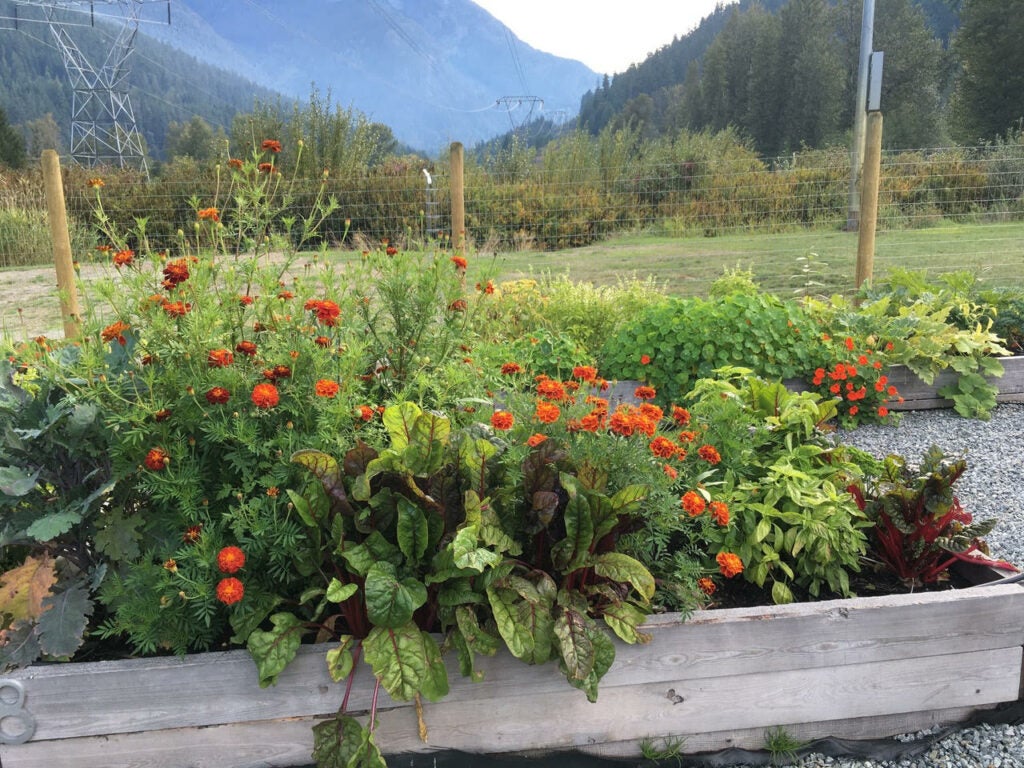
Líl̓wat Nation
Members of the Líl̓wat Nation (part of the St̓át̓y̓emc Nation) make up 33% of Signal Hill's student population.
Canada's 1876 "Indian Act" authorized the federal government to remove Indigenous children from their families and place them in residential schools. Between 1887 and 1984, twenty-one of these residential schools operated in B.C. The TRC estimates that at least 150,000 students were forced to attend residential schools nationwide. Recent efforts have located the remains of more than 6,000 children who died at these institutions through unattended disease, neglect, and abuse, although the number is thought to be significantly higher. At Signal Hill Elementary there is a keen acknowledgement of these damaging, painful memories of the past.
The road to healing will be long, but a new wave of energy and hope is emerging in Canada as the country attempts to heal its past. Signal Hill School is proud to be making steps towards reconciliation. You can see more of their journey in this short film.
This year the Canadian federal government has created an annual "National Truth and Reconciliation Day," a statutory holiday on the 30th of September. This holiday is intended to be an opportunity for all Canadians to learn and reflect, and signifies a unified occasion to work through this process together.
Gardening tips, videos, info and more delivered right to your inbox!
Sign up for the Gardening Know How newsletter today and receive a free copy of our e-book "How to Grow Delicious Tomatoes".
Claire tells us that Pemberton's public school pedagogy focuses on teaching self-awareness, motivation, resilience, and the development of capable confident citizens. There's an emphasis on teaching the fundamentals required for being a successful human: to collaborate, contribute, create and innovate, and think critically. These values take precedence over exams and test scores. Students are encouraged to use a growth mindset, take ownership of their learning, and hold in high regard their connection to others. So, what role does the Signal Hill school garden play in this new thinking?
Signal Hill Elementary Garden
The school garden is a natural part of Pemberton's progress and evolution. It is recognized by all as a symbol of unity and sharing. Here's a quote from their website:
Beautiful Signal Hill school garden" provides a "seed to table" educational journey for our 425 student (K to Grade 7) with reconciliation at its heart. It covers food production, local cultural practices and a school wide harvest festival of food. The process is part of our ongoing learning of the Indigenous Ways of Knowing and Being.
Some of the Indigenous Ways of Knowing and Being include the 4 Blankets of self, family, community and land culture. These guiding connections help students to self-evaluate, to value their own expertise, to consider how it helps the entire community beyond themselves, to acknowledge how we are all connected to each other, and to become true stewards of the land.
Parent volunteers watch over the garden in summer, tending to irrigation and maintenance until classes resume in September. Then teachers take over and, with student support, they prepare for October's harvest festival. All the plants from the garden are used in cooking and food preparation in the classrooms and school kitchen.
Traditions
Pemberton's Healing Through Harvest festival features pit-cooked garden vegetables and a traditional ceremony in the month of October. Ceremony is an important aspect of Indigenous culture. Claire tells us about a particularly beautiful blanket ceremony held to honor St̓át̓y̓emc Elders. There is a great sense of love and care for those whose voices are finally being heard. That ceremony has had the effect of educating and uniting the community, and engaging family members of all ages.
Four-Legged Visitors
Pemberton has a large deer population. Visiting deer brought a tear to the eye of many local gardeners when half of the school's tomato starts were demolished by them. We're happy to report that Gardening Know How's sponsorship program helped to fund a substantial fence around the garden - problem solved!
Claire Fuller's deep regard for the cultural movement in Canada is contagious. Her generous spirit and lilting British accent made me want to spend a day in the garden with her. The world could use more Claire Fullers.
Learn More About Our School and Community Garden u003cbru003eSponsorship Program
Every year, Gardening Know How awards $1,000 to 20 different, hand-picked garden projects across the United States and Canada. If your community or school garden has a growing, unmet need for more soil, seeds, fertilizers, building materials, or even just help getting the word out about your program, we're ready and willing to help you meet those needs. As community gardens and school gardening programs spring up all over, we're happy to do our part to help.

Caroline Bloomfield is Manager of Marketing Communications at Gardening Know How since 2019. A northwest native, she has resided and gardened in multiple zones in the U.S. and is currently at home in Bandon, Oregon. Writing and editing for various publications since 1998, her BA in American Studies from Southern Maine University includes an emphasis in English. She was raised in California by avid gardeners and continues to enjoy the natural world with an appreciation for the concepts of sustainability and organic care for the planet.
-
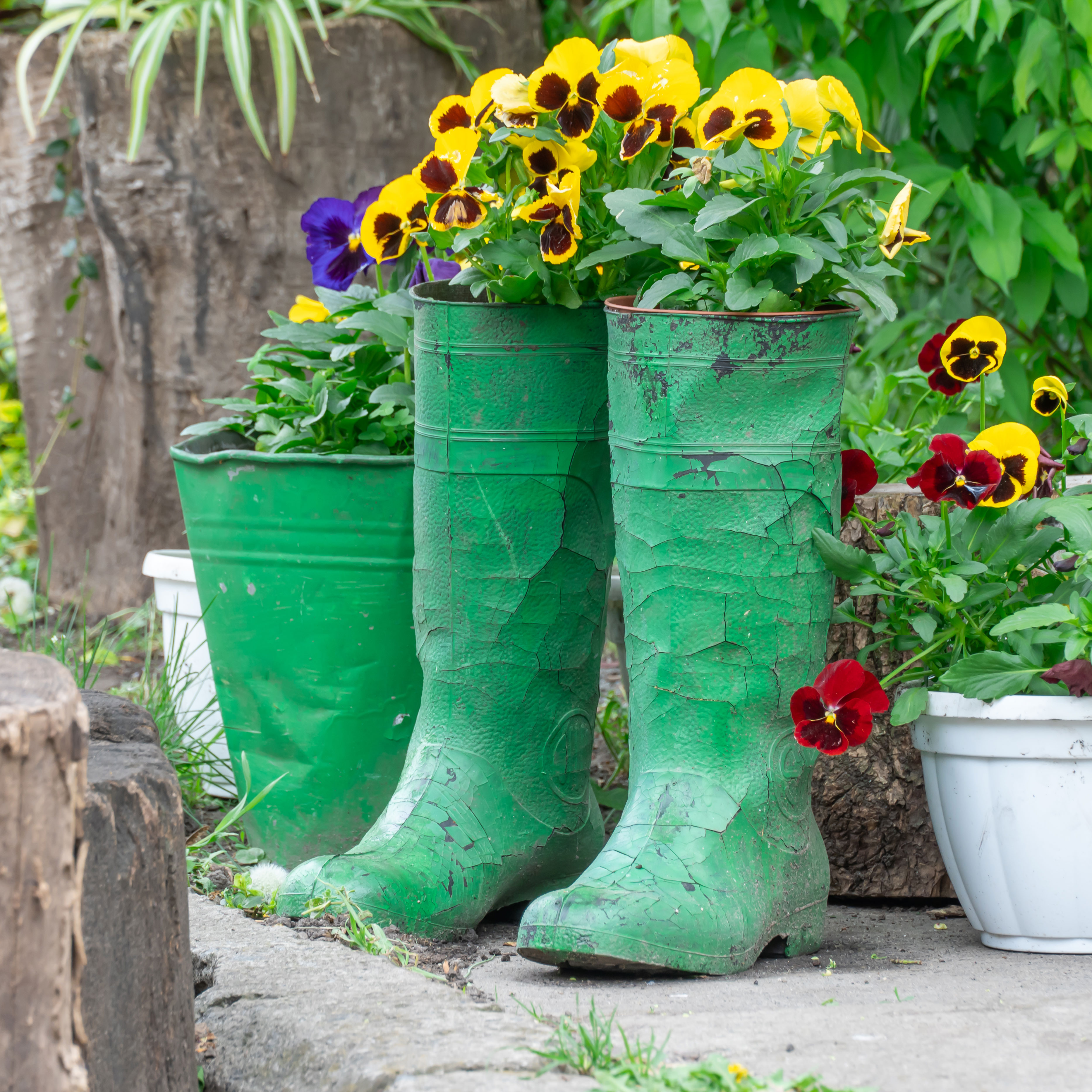 Creative Ideas For Plant Containers: 7 Ways To Save Money And Add Charm To A Garden
Creative Ideas For Plant Containers: 7 Ways To Save Money And Add Charm To A GardenIf you are looking for great ways to add personality to your container gardening – and even save yourself some money – then try these creative ideas for plant containers
By Mary Ellen Ellis
-
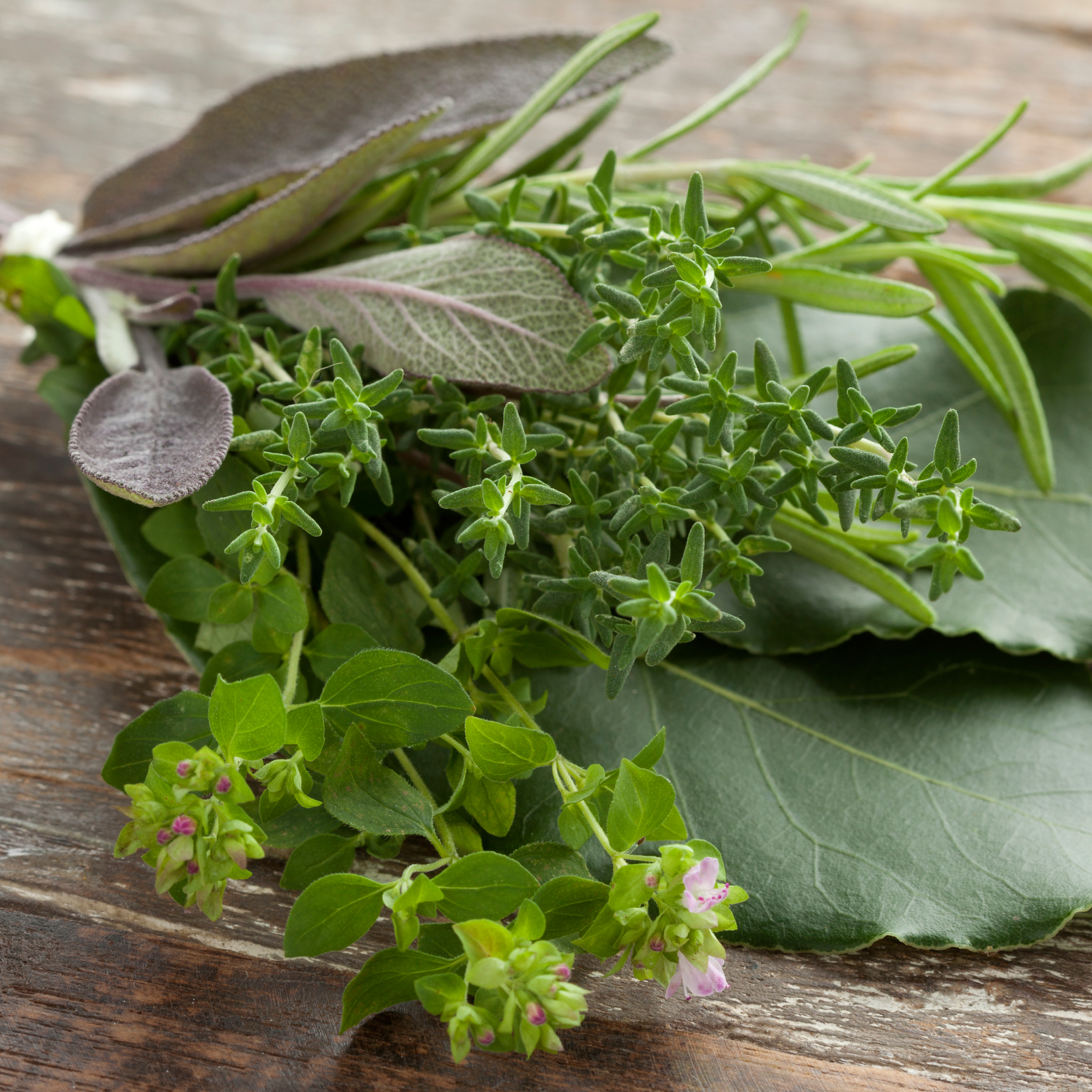 How To Make A Bouquet Garni Or Herb Bundle For Cooking
How To Make A Bouquet Garni Or Herb Bundle For CookingIf you’re a great cook, you may have made an herb bundle before. If this is a new idea, learn how to add sparkle and interest to your dish with a bouquet garni.
By Amy Grant
-
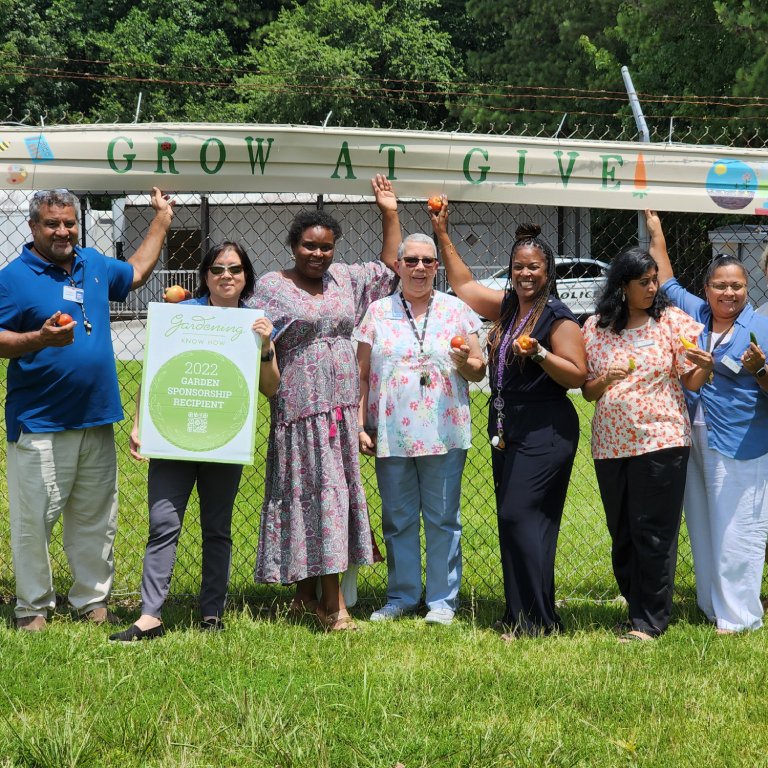 The Grow Garden at GIVE - 2022 Grant Recipient
The Grow Garden at GIVE - 2022 Grant RecipientThis alternative school in Georgia is using its garden to teach kids in all new ways.
By Caroline Bloomfield
-
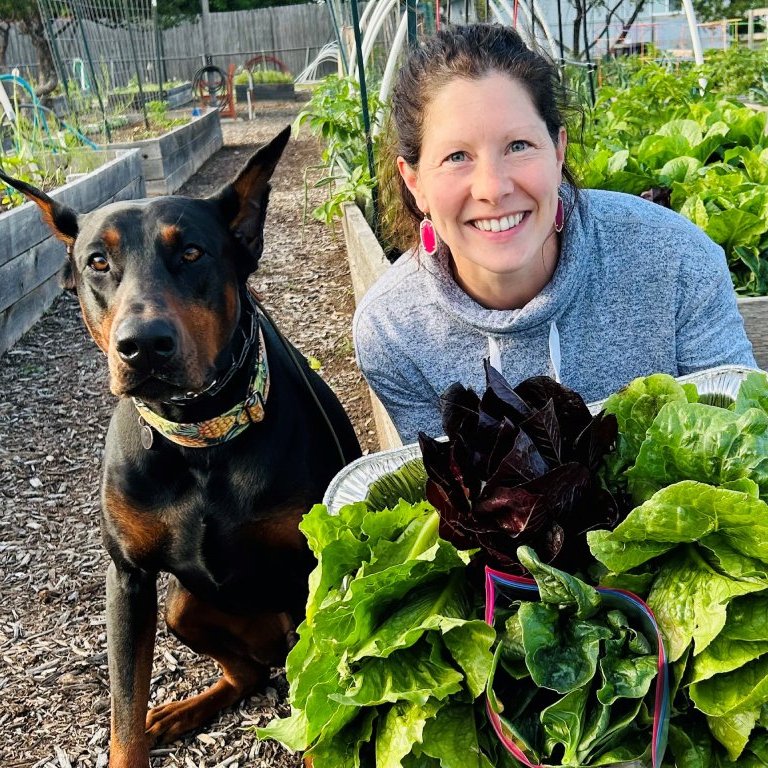 Common Ground Community Garden - 2022 Grant Recipient
Common Ground Community Garden - 2022 Grant RecipientThis Texas community garden has been getting people out of their apartments and into nature for 12 years.
By Caroline Bloomfield
-
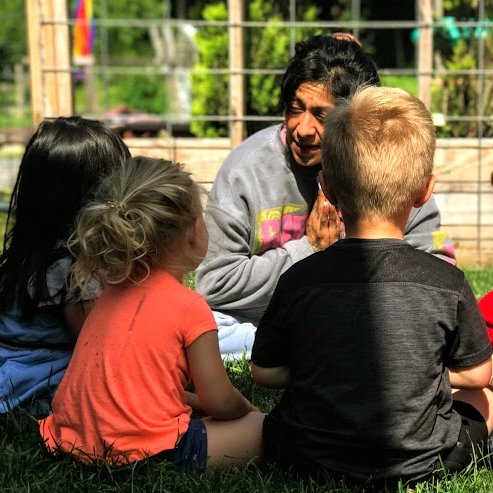 Valley Daycare - 2022 Grant Recipient
Valley Daycare - 2022 Grant RecipientBy Caroline Bloomfield
-
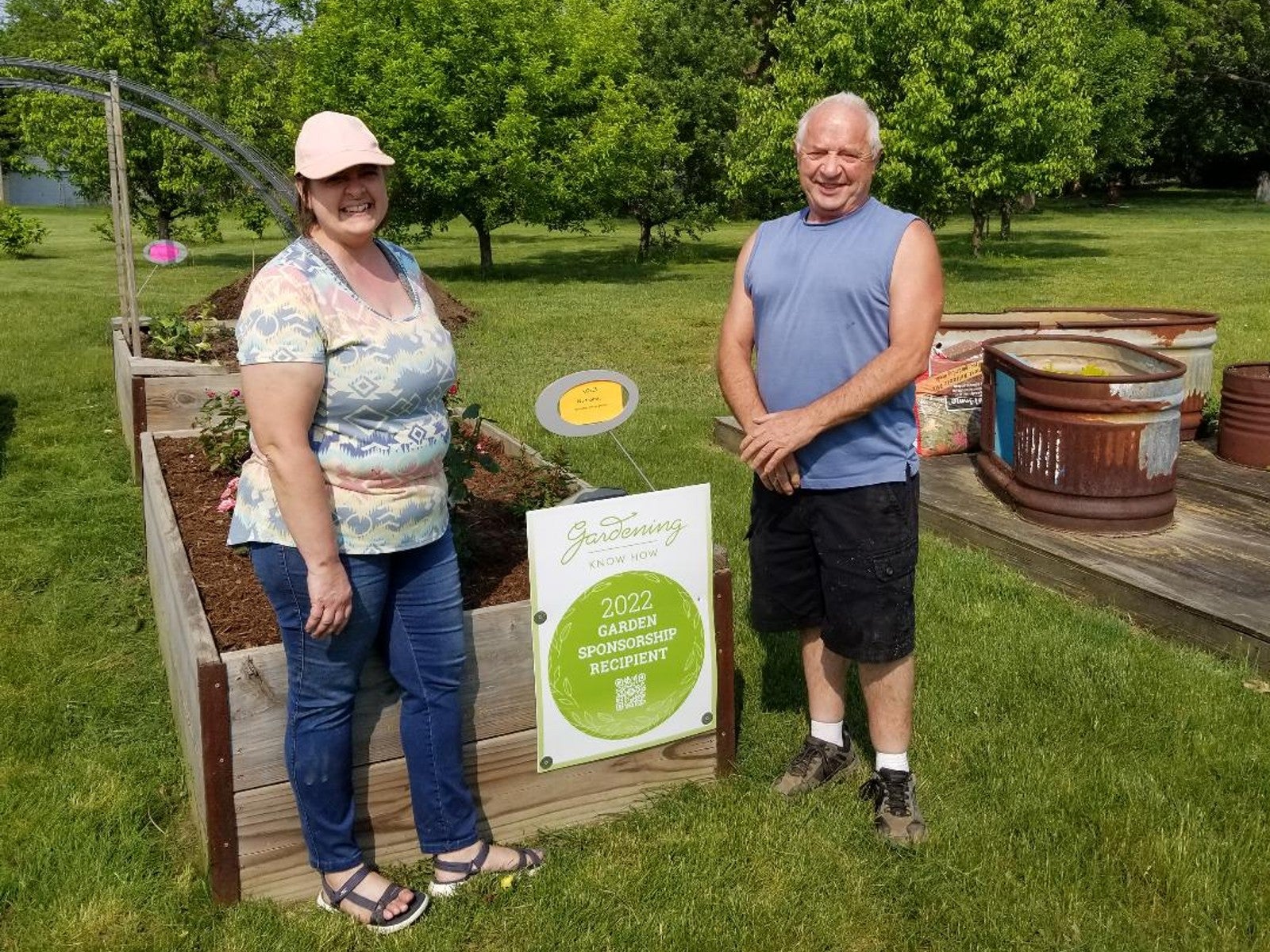 Douglas Discovery Garden – 2022 Grant Recipient
Douglas Discovery Garden – 2022 Grant RecipientBy Caroline Bloomfield
-
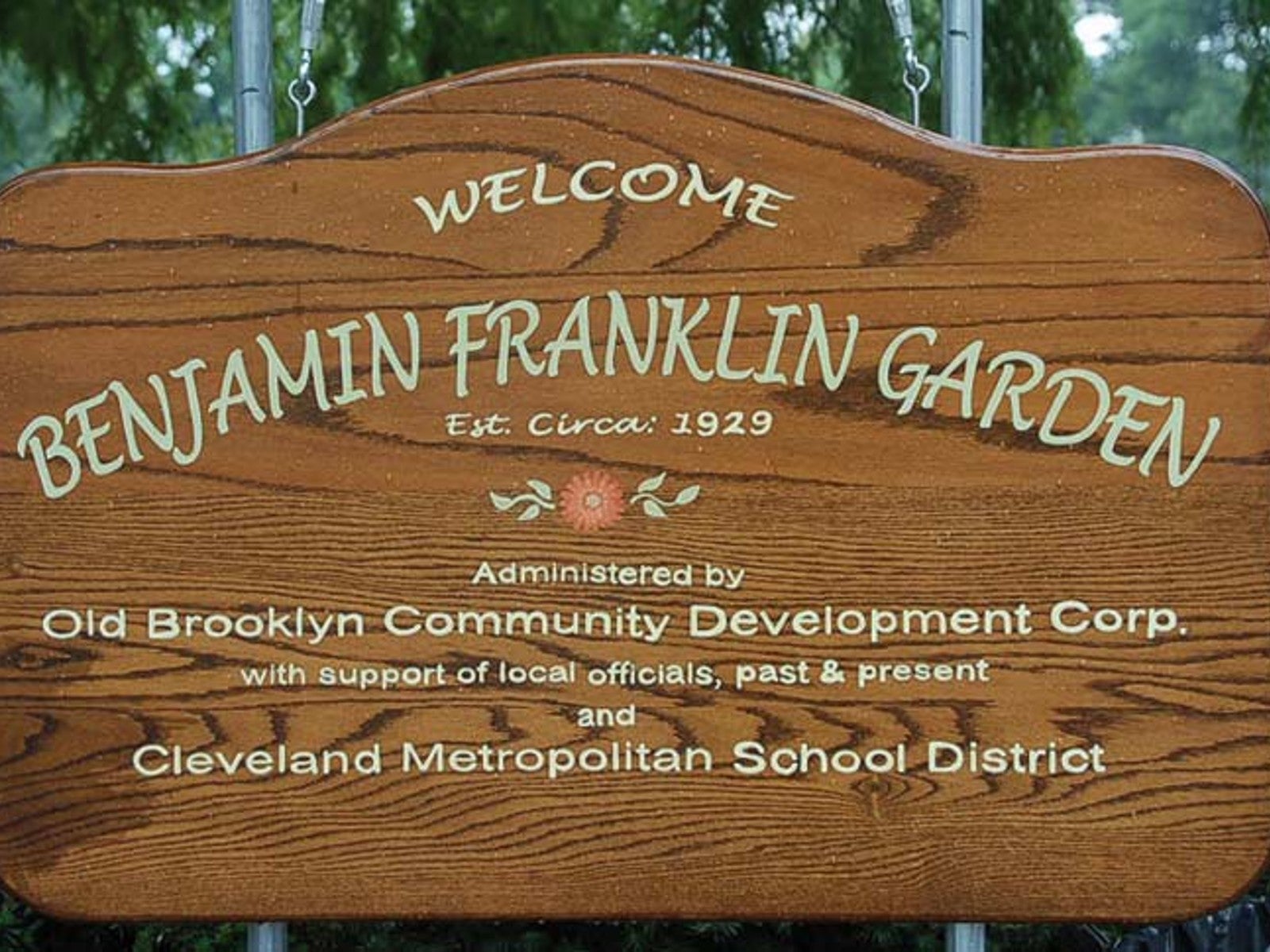 Ben Franklin Elementary School – 2022 Grant Recipient
Ben Franklin Elementary School – 2022 Grant RecipientThis hundred year old garden in Cleveland, Ohio is still going strong with a unique educational program for fourth graders.
By Caroline Bloomfield
-
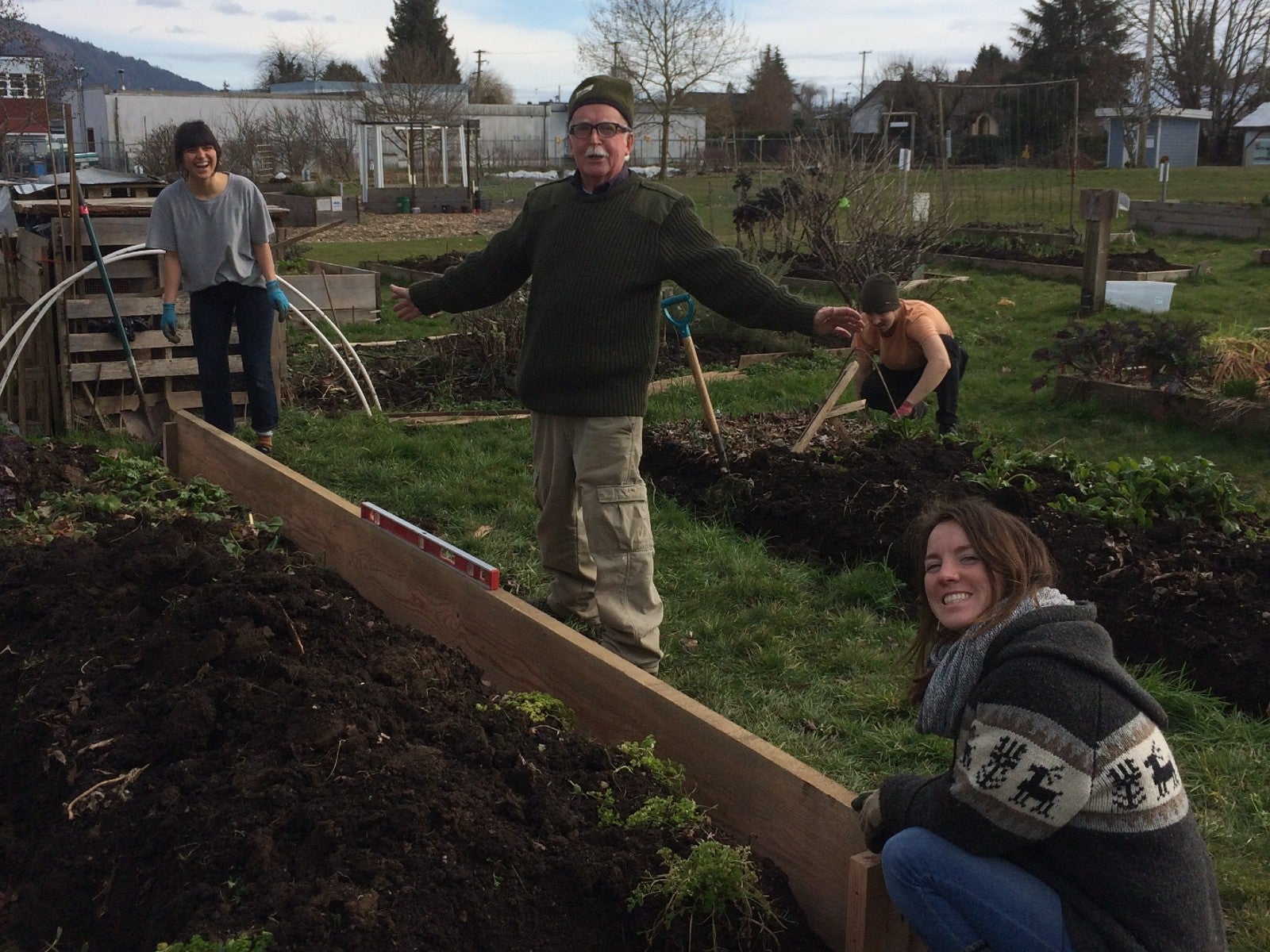 Kin Park Community Garden - 2022 Grant Recipient
Kin Park Community Garden - 2022 Grant RecipientRead about the small town in Vancouver that's bringing its people together with fresh produce and garden plots.
By Caroline Bloomfield
-
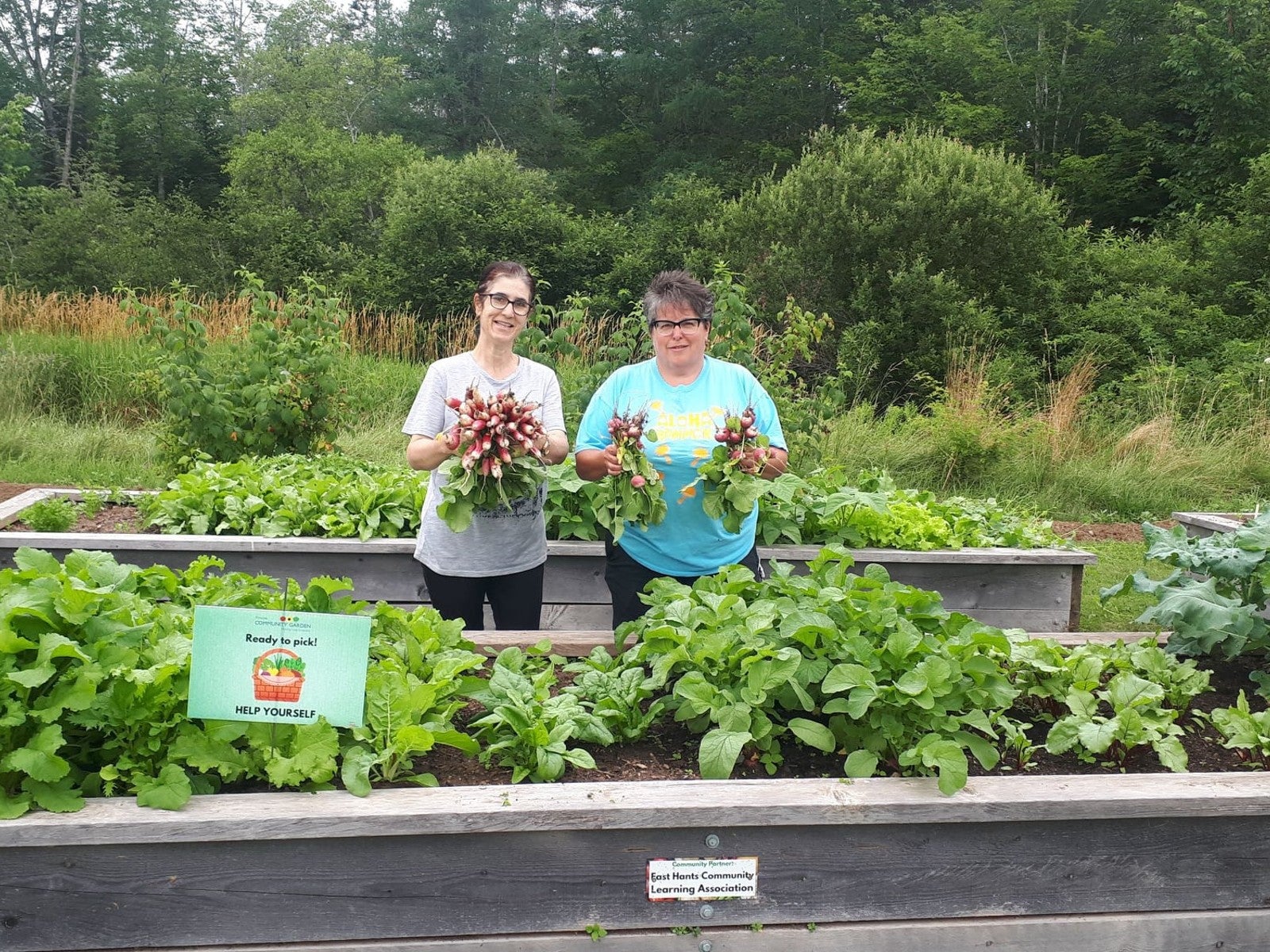 Elmsdale Community Garden – 2022 Grant Recipient
Elmsdale Community Garden – 2022 Grant RecipientThe Elmsdale Community Garden is striving to bring food security to rural Nova Scotia, one garden bed at a time. Read their story here.
By Caroline Bloomfield
-
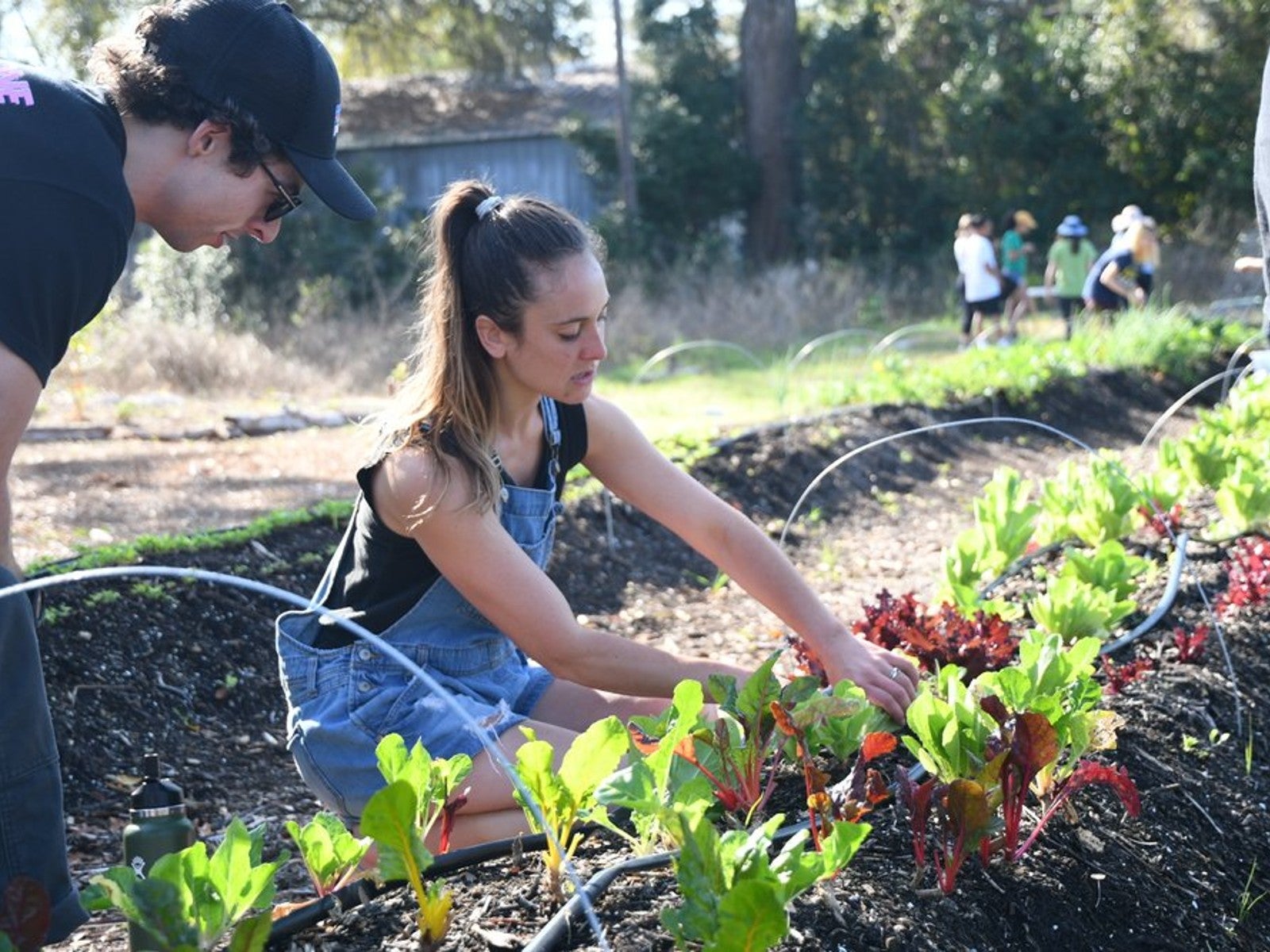 Gainesville Giving Garden - 2022 Grant Recipient
Gainesville Giving Garden - 2022 Grant RecipientThe Gainesville Giving Garden was born from a dream of freedom from food insecurity during the height of covid. Read its story here.
By Caroline Bloomfield